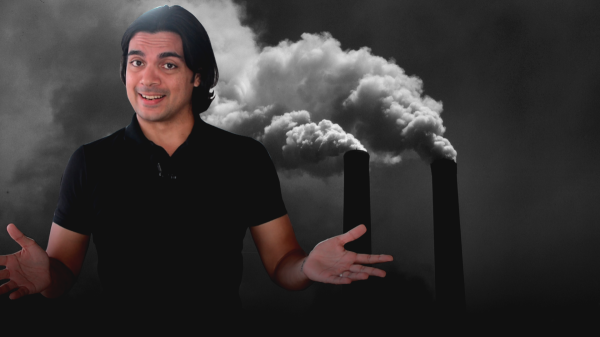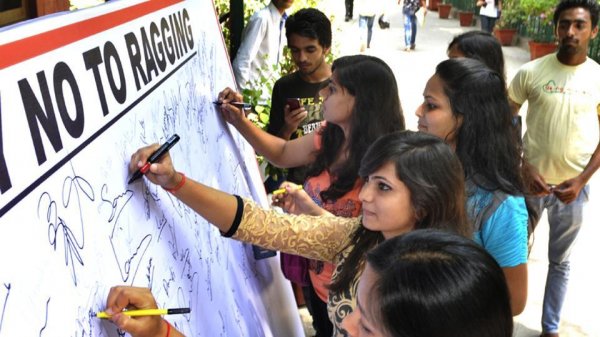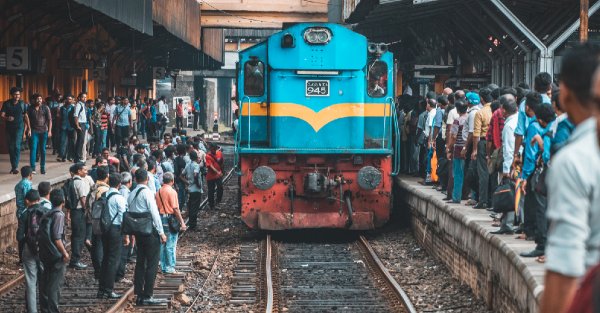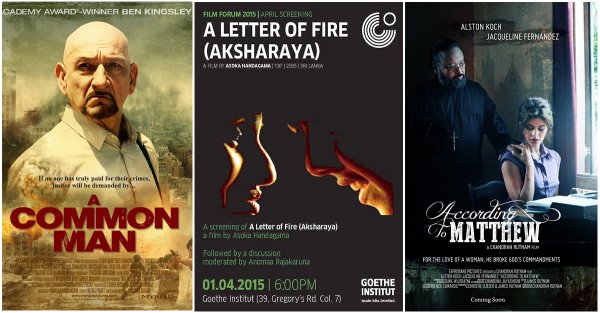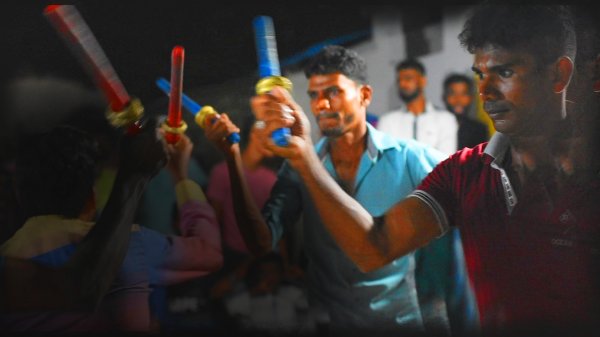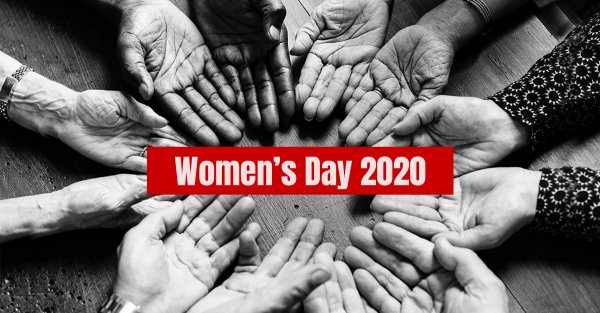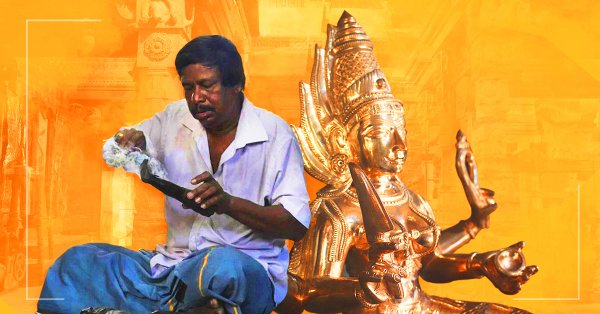
Grey skies. Green grass. Street signs, letters on a page, a traffic light turning red. All simple, everyday concepts we do not give a second thought to. We live in a world driven by visuals, with 80% of our perceptions formed by sight. Yet, about one million Sri Lankans are compelled to steer through life without their most dominant sense, living in a world of partial or complete darkness.
To commemorate World White Cane Day, which falls on October 15, we visited the Sri Lanka Federation of the Visually Handicapped to talk to a few people about their lives. These are their stories.
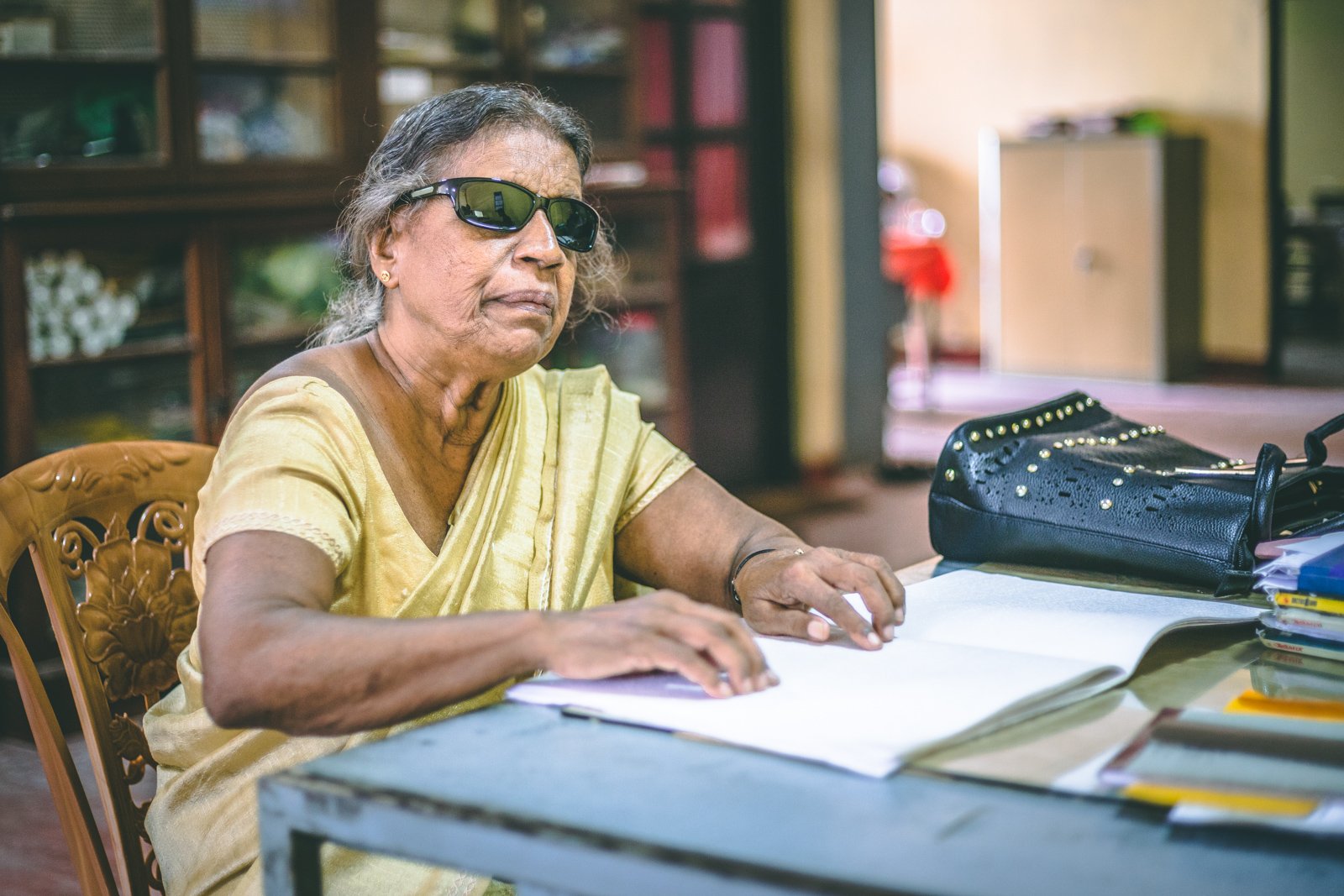
Violet Yakandalawa, 76. “I am the first visually impaired person in Sri Lanka to graduate from university. I joined the University of Peradeniya in 1965 to do an honours degree in history. My primary education was at the Ratmalana School for the Blind, but I did my O-Levels and A-Levels in leading schools in the country. It was never a problem studying in a normal school because I knew braille, and all my friends would help me. I had a lot of friends; we would study together, and sometimes I would help them too.
From the very beginning, I was an independent child. I never took a backseat at home. I even used to fight with my brothers. My parents were worried about me — when they were no longer living, what would I do? So they educated me well and encouraged me to be independent. Of course there are difficulties, but what is to be done? We must face them, shouldn’t we?”
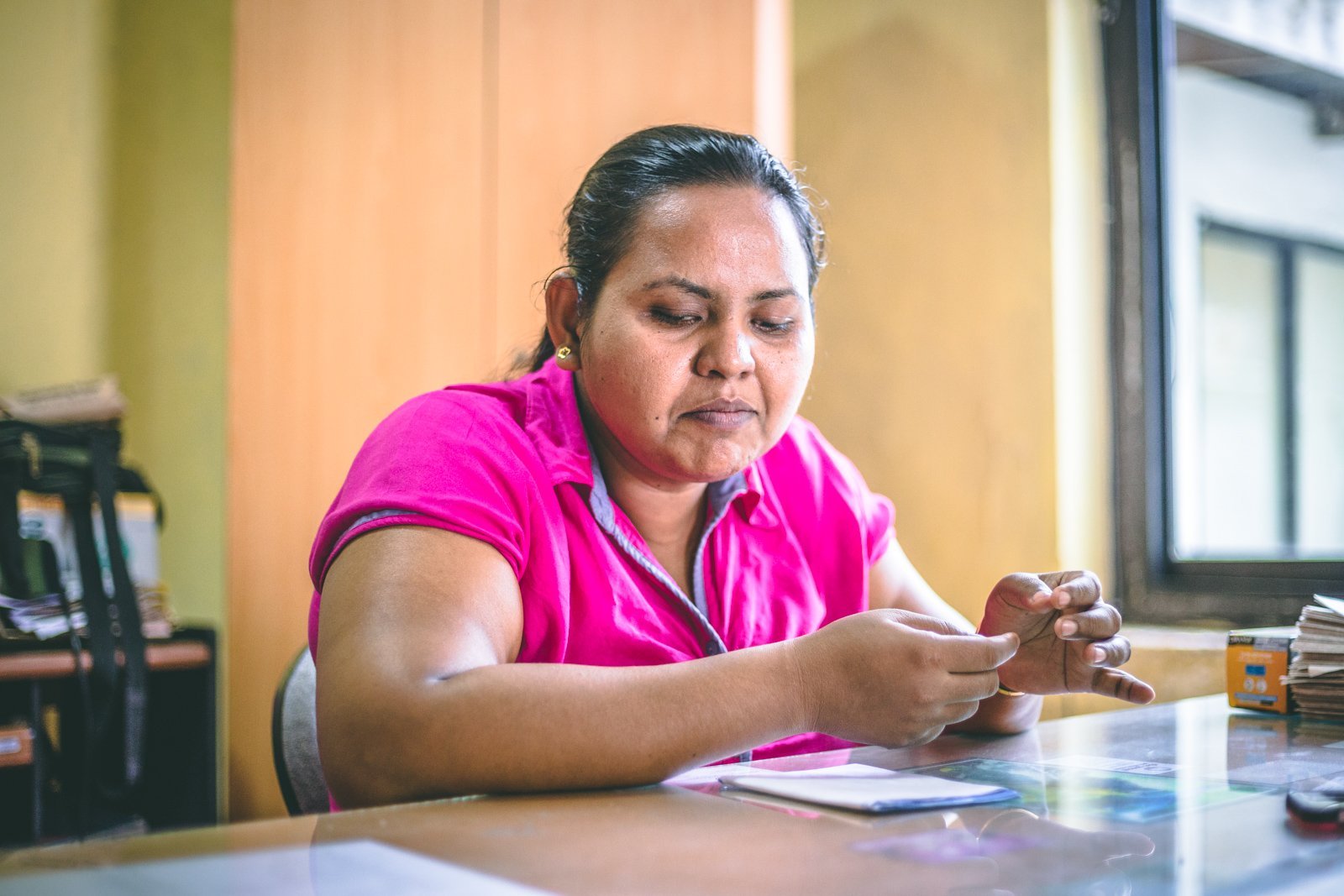
Nilanthi Somaratne, 35. “If there is some emergency, I can travel by myself, but my husband does not really like me doing that much. You see, I am a woman and I am blind. There isn’t enough safety here in this country, especially for someone like me to travel all the way from my village in Polonnaruwa to the federation here in Colombo. People generally help us, but if there is one change I would like to see in Sri Lanka, it would be to see more safety.”
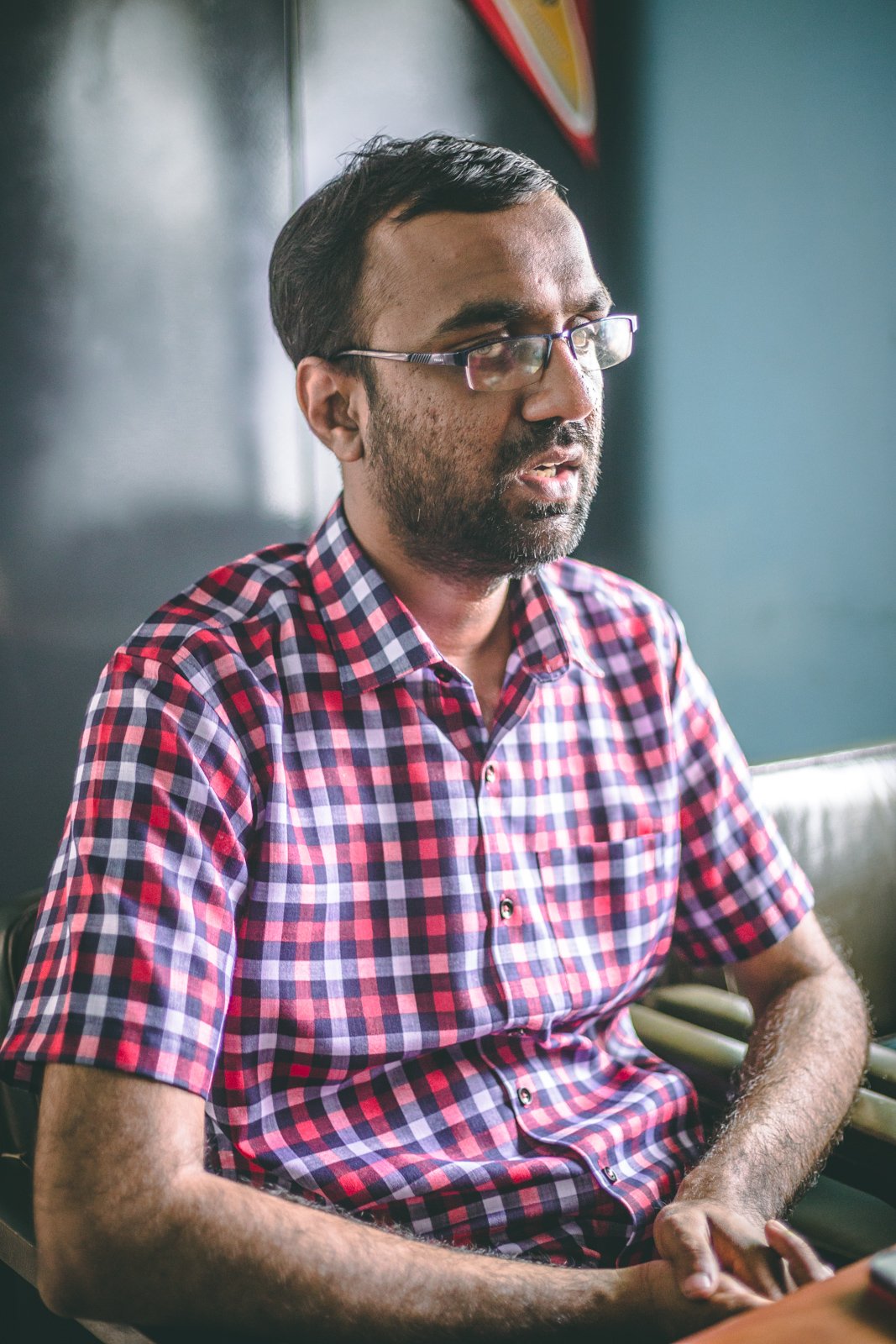
Chameera Pubudu Kumara, 30. “When I was seven years old, a cricket ball hit me in my right eye. The doctors told me that I would need to do a surgery to prevent the damage from spreading to the other eye as well, but the surgery went wrong. They told me that by the time I turned 12, the darkness would set in, and I would be completely blind. And just like that, I slowly lost my sight over the years. It was a very difficult period of time for me.. My mother was my greatest support. I still remember what it is like: the colours, things like that.
In Sri Lanka, people do not see the differently abled as equal citizens. They look at us with pity, like we are objects of charity that can help them achieve good deeds. Now, you can see…I cannot. You can walk into a bank and open an account, but if I were to go, they’ll tell me that I can only open a joint account. If I wanted to purchase a vehicle, I would have to do it on someone else’s name. Now if the money is my own, why don’t I have the right to own this on paper?”
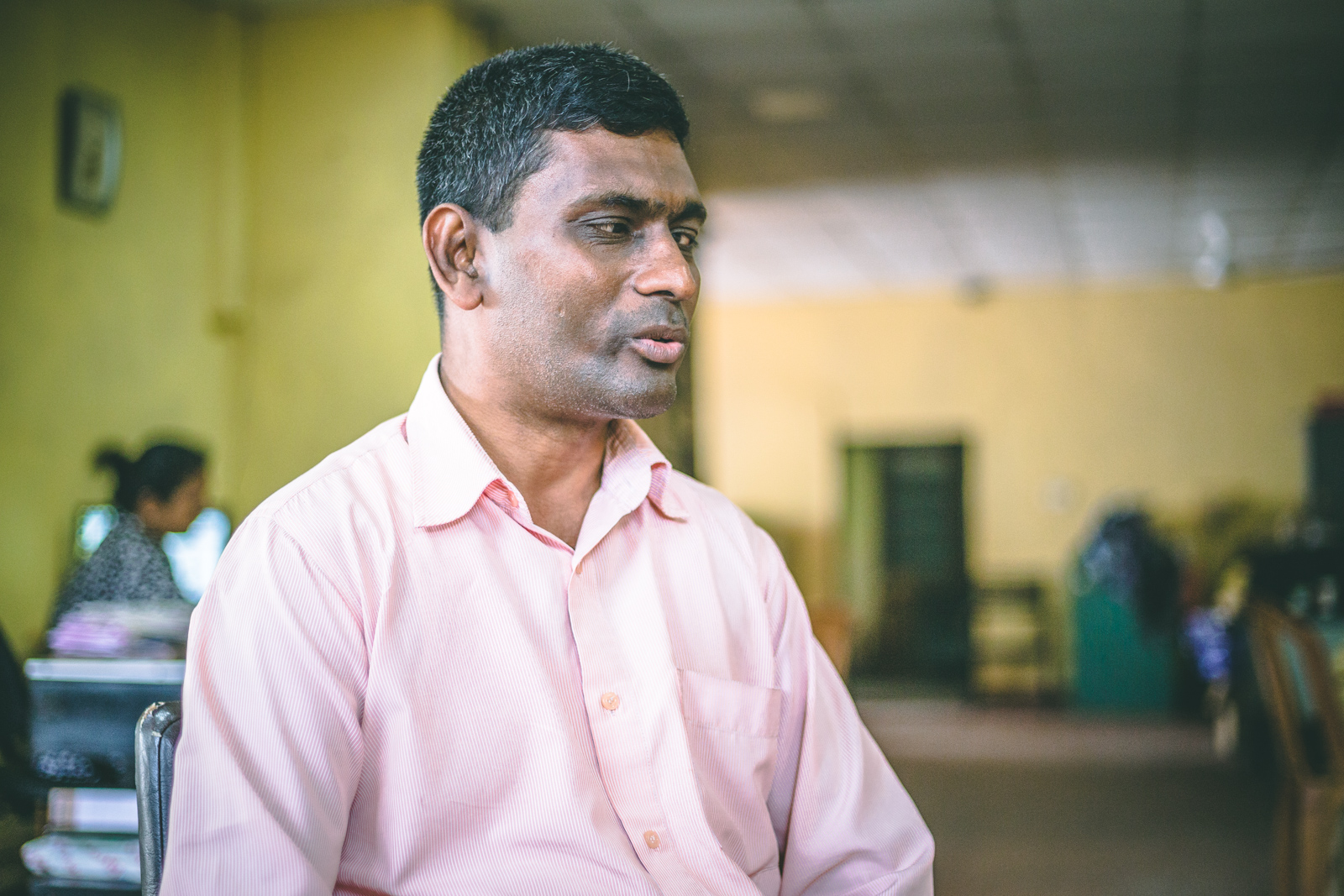
M. Jayasundara, 49. My wife is also blind, but we manage to do our day-to-day activities by ourselves. Our three children help us a lot at home, and as parents, we are fully involved in their education and their lives. I earn a living by teaching; I teach history, political science and Buddhism in a school in my town, Kuliyapitiya. I always do my part — I do not just sit around doing nothing because I am blind.
Differently abled people like us have fewer opportunities. For instance, insurance companies do not allow us to have insurance plans because they think we have a higher risk of meeting with accidents. I think this is untrue, because if you look around, you hardly come across blind people meeting with accidents. We are more careful, and people look after us. If there is any change I would like to see in Sri Lanka, it is that we are given our rights.
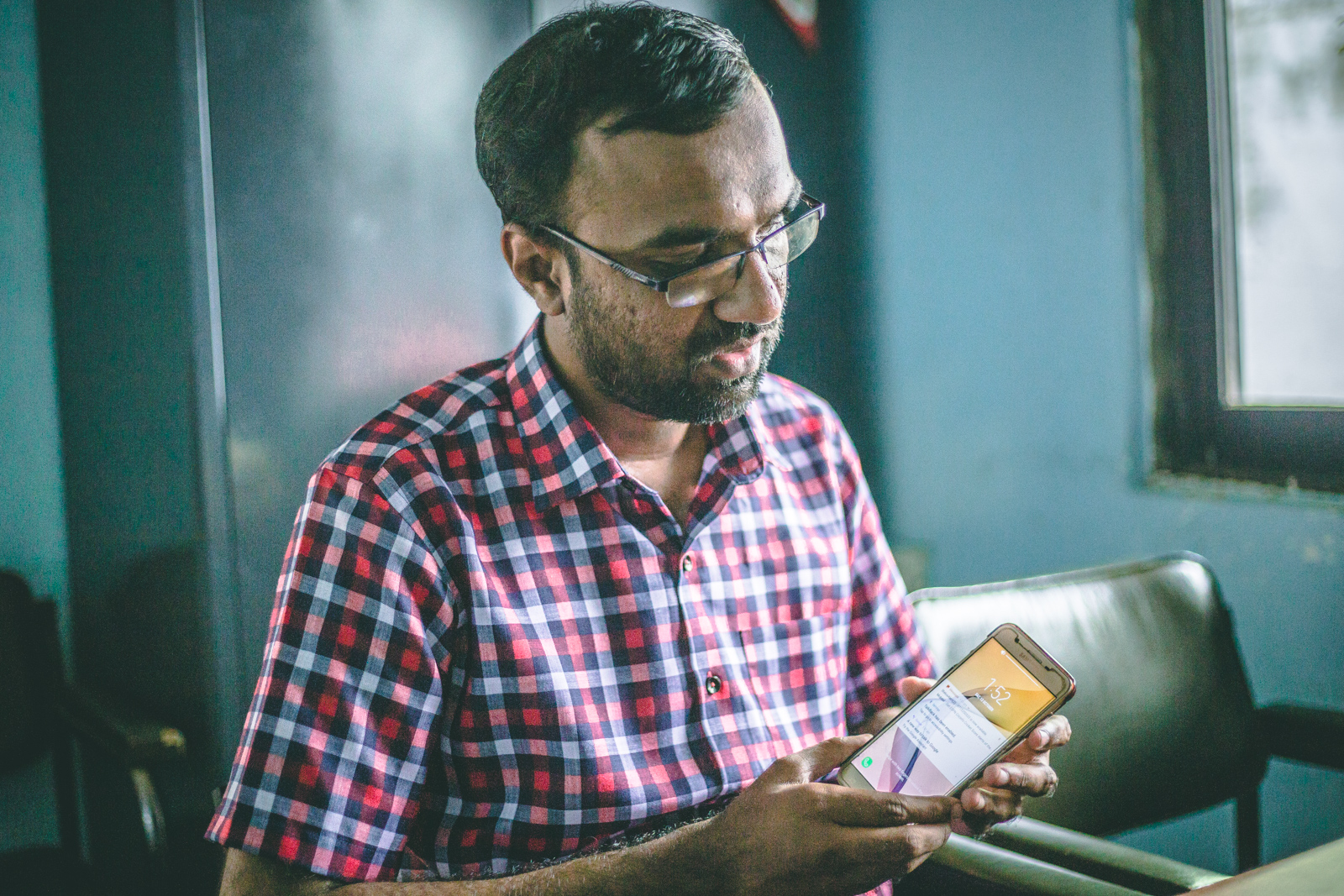
Chameera Pubudu Kumara, 30. “I got a job in Orange Electric as soon as I finished my A-Levels, where I work in customer care. Communication is a little difficult, but now we have technology to make things slightly easier. Basically, we have normal computers with a software called JAWS installed in it. Everything on the screen is read out loud in English. Even my phone is just like yours, but look: with one double tap, the app reads out everything.”
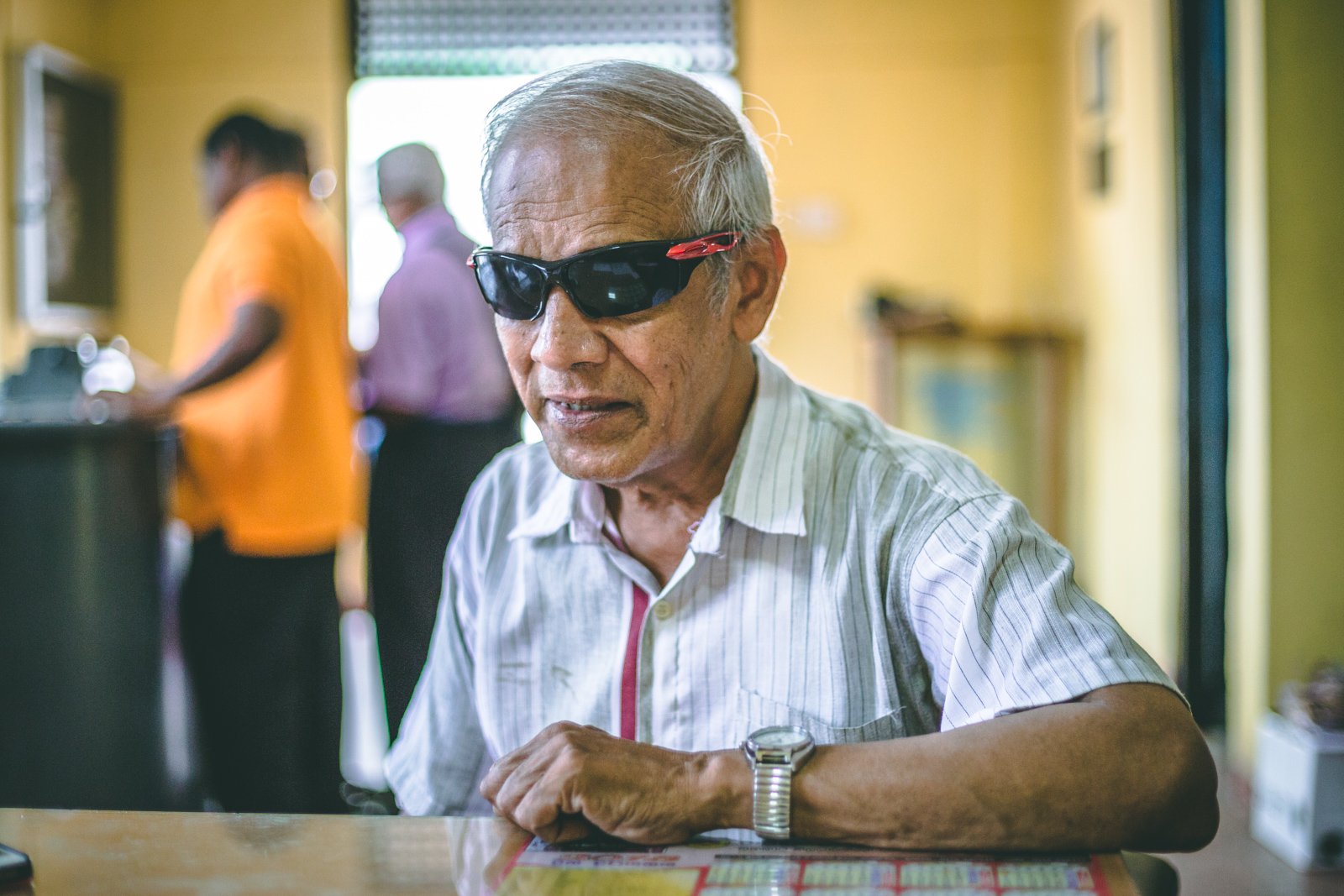
Wimal Wickramasinghe, 67. “I took my oath as a lawyer in the year 1971. I was the first blind person in Sri Lanka to do so. I am now an attorney-at-law, notary public, commissioner for oaths and sworn Sinhala to English translator. The Ministry of Justice did not allow me to sit my final law exams in braille: they said that I had to do it using the typewriter. Luckily for me, I knew how to type in both English and Sinhala, so I managed to pass my exams. I have now been practising for 37 years.
The first murder case I handled was in Gampaha, with a client who was accused of murdering an estate watchman. I did not expect to win the case, but the jury was on my side, and I did. It is a little difficult to convince people that I am able to handle cases. They ask, “How can he read the brief? How can he research?” Well, of course I have someone to help me with those things, but I am more than capable of doing my job. I have won many cases in my 37 years as a lawyer and I am still going on.


